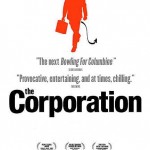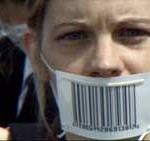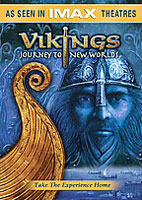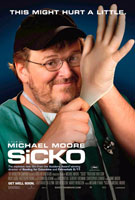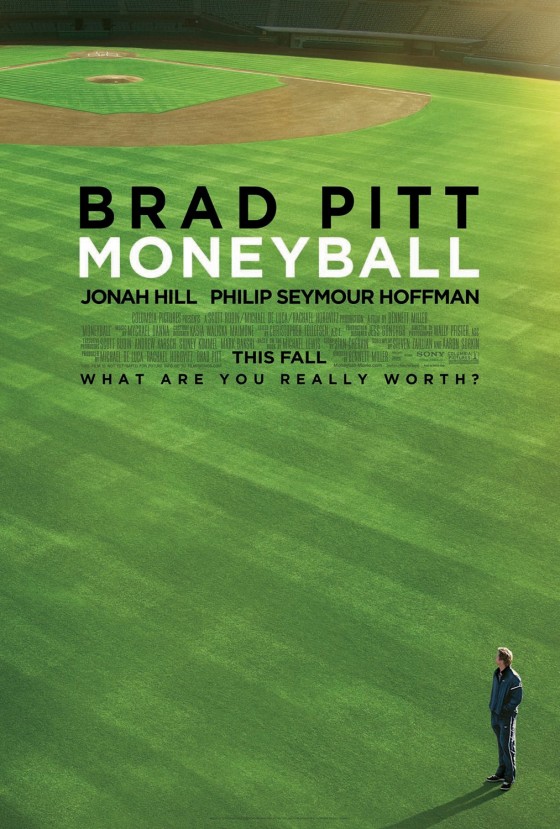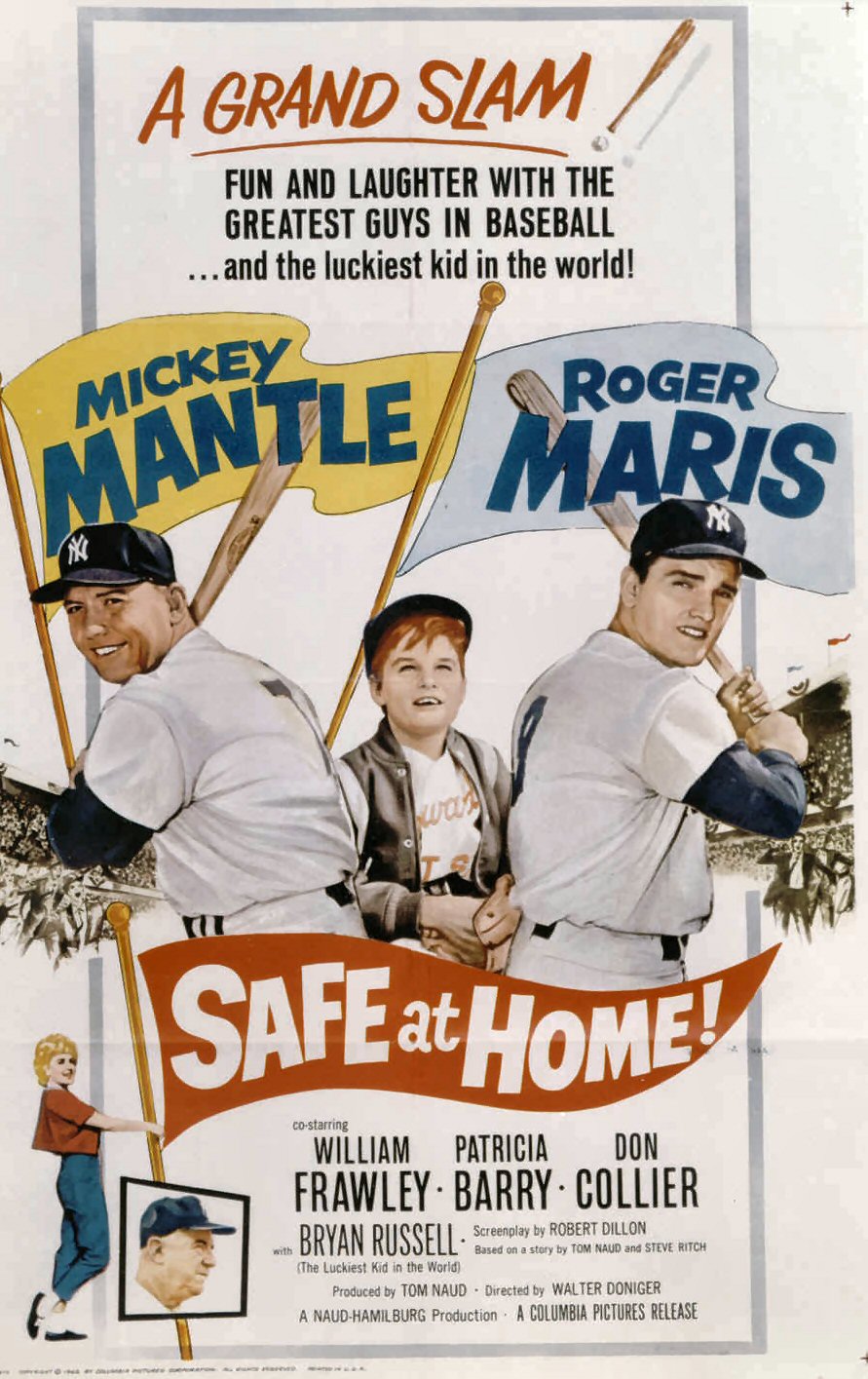Apparently big business isn’t hip. While the musings and theories of Marshall McLuhan, Noam Chomsky, et al. have been around for a while, it took Michael Moore to bring such ideas out of academic print runs and unto the masses. Mark Achbar and Jennifer Abbott’s The Corporation is another strike against suits, board room meetings and the brands and chain stores we know we should hate but we use anyway.
In the eyes of the law, corporations are seen as people. It’s true. This is the angle The Corporation takes as it attempts to uncover some of big business’ dirty little secrets. Combining interviews with a broad mix of front-line experts and outside thinkers with plenty ironic stock footage from Mrs. Applebottom’s 16mm collection of instructional films last viewed by the Class of 1958, The Corporation succeeds on likely its most important front: it’s entertaining.
The film spends a long time listing off a broad mix of problems and social injustices people around the world face when dealing with multi-billion-dollar corporations. A long time. Coming from many angles, by the time it’s all over, you’d think ole’ Satan himself is but a pawn in the corporate machine. The Corporation makes itself legitimate by crisscrossing North America to gather comments from leading scholars and business leaders. Achbar and Abbott are also worshipers from the Church of Chomsky, Moore and Naomi Klein, the leading living voices in the fight against skyscraper dwellers. Moore steals the show with his colourful commentary that, as usual is spot on in pinpointing many of the reasons we sheep are as we are and how we’re seduced by it all. But for all the corporate bashing, there is very little of the other side that is allowed to say anything. Those who are given any significant amount of screen time are presented in a very ironic tone. One such example is poor Andrea Finger, a PR rep for Disney’s surreal venture into real estate, Celebration, Florida. It’s a town run by Disney. As she’s talking about the values the town promotes, the screen shows children playing in a street filled with fake ‘snow’, which in fact looks more like a mass dumping of shaving cream. Now that’s healthy.
On the rare occasions that the enemy is actually given a chance to defend themselves, Achbar and Abbott cut them off before they can actually get a potentially meaningful statement in. After doing a segment on the connections of IBM and Hitler’s Third Reich during WWII, there are some very strong accusations made. Irving Wladawsky-Berger, a high-ranking official within IBM, says that there is evidence that refutes this claim. Rather than allowing him to present his facts in full, the film quickly cuts to more damaging information that further ties IBM into the holocaust, whether they knew it or not. Allowing Wladawsky-Berger and others to tell the other side of the story would have certainly given some balance to The Corporation. Some could argue that the corporations have been just as one-sided and now it’s time to hear something different. But by using the eye-for-an-eye approach brings the filmmakers closer to their enemies than it does setting themselves apart.
There are so many stories and examples in The Corporation that I think it would have ultimately been better served as, at the very least, a miniseries if not an ongoing television program. Was it considered or could it have happened? I don’t know. But as the film stands, it glosses over so much that by the end I was overwhelmed by it all. Sure, I felt guilty for my choice of footwear and was angry about all the ‘bad’ things I do as a mass consumer, but what are the alternatives?
About once a week, I like to eat at McDonald’s. I know full well what it’s doing to my body, how they treat their workers and about some of the things they pump into their food. I also wear Nike runners and I even occasionally shop at Walmart. I know they’re evil too. I’ve heard it before and I’ll hear it again. What I want is for someone to tell what I can do about it. The Corporation spends almost two-and-a-half hours exposing just a taste of all the bad things some of these companies are doing and the things they do to protect themselves. The film spends about one sentence encouraging its viewers to do something about it, and even then it’s only in a vague ra-ra comment from Moore at the very end of the film. A visit to the film’s website does provide some links that might act as starting points to take action, but that’s only useful if you have the Internet (if you’re reading this review, my guess is that you do). There’s no momentum to act though after the film ends, though. Those there watching it with me seemed ready to act too. Between The Corporation, Moore’s body of work and such books as No Logo and Fast Food Nation, there’s plenty of interest in making the world a better place. But what we need more than ever isn’t another exposé on the ills of business but rather someone to actually lead the charge.
The Corporation Gallery
Trailer
